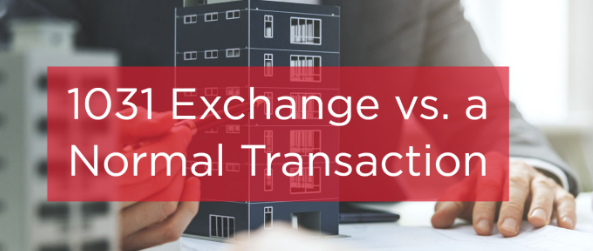
Delaware Statutory Trusts: Revolutionizing the 1031 Exchange Process
Have you ever heard of the term Delaware Statutory Trusts (DSTs)? They are a unique type of investment tool that has become increasingly popular in the world of real estate investing. One of the main reasons for their popularity is that DSTs can be used to enhance your 1031 exchange opportunities. In this blog post, we will discuss exactly what delaware statutory trust 1031 exchange are, how they work, and why they may be a valuable addition to your investment portfolio.
What is a Delaware Statutory Trust (DST)?
A Delaware Statutory Trust is a legal entity that is set up in Delaware, which has particularly favorable laws for business entities. The DST is formed with a trustee that manages the trust property and holds title to the assets. Investors can purchase beneficial interests in the DST which gives them the right to a portion of the income generated by the assets held by the trust.
How Can DSTs be Used for 1031 Exchanges?
First, let’s review what a 1031 exchange is. A 1031 exchange, also known as a like-kind exchange, allows investors to sell one investment property and use the proceeds to purchase a replacement property without paying capital gains taxes on the sale. Typically, investors choose to engage in a 1031 exchange to defer taxes and continue to grow their investment portfolio.
DSTs can help investors with a 1031 exchange by offering a variety of properties for investment which are managed and controlled by a professional sponsor. This can be particularly helpful for someone who may want to avoid the day-to-day management or risk of a property but still wants to benefit from the investment income. By investing in a DST, the investor can defer taxes on the proceeds from the sale of their investment property while potentially receiving a steady stream of income from the trust’s assets.
Why Use a DST Instead of a Traditional Investment Property?
There are a number of advantages to using a DST for a 1031 exchange over traditional investment properties. One of the main advantages is that a DST can offer access to institutional-grade properties that would typically be outside the reach of individual investors.
In addition, DSTs allow for more diversification of investment which can help reduce overall risk. Additionally, because the trust is managed by a professional sponsor, investors will not have to worry about managing tenants, repairs, or maintenance issues themselves. Finally, the low minimum investment amount required for a DST can make it accessible to a wider range of investors.
Conclusion:
Delaware Statutory Trusts can be an excellent tool to enhance 1031 exchange opportunities. By investing in a professionally managed DST, investors can gain access to high-quality assets, potentially reduce their overall risk, and avoid the hassle of managing traditional properties themselves. However, as with any investment, it is important to weigh the pros and cons and consult with a financial advisor before making any investment decisions.